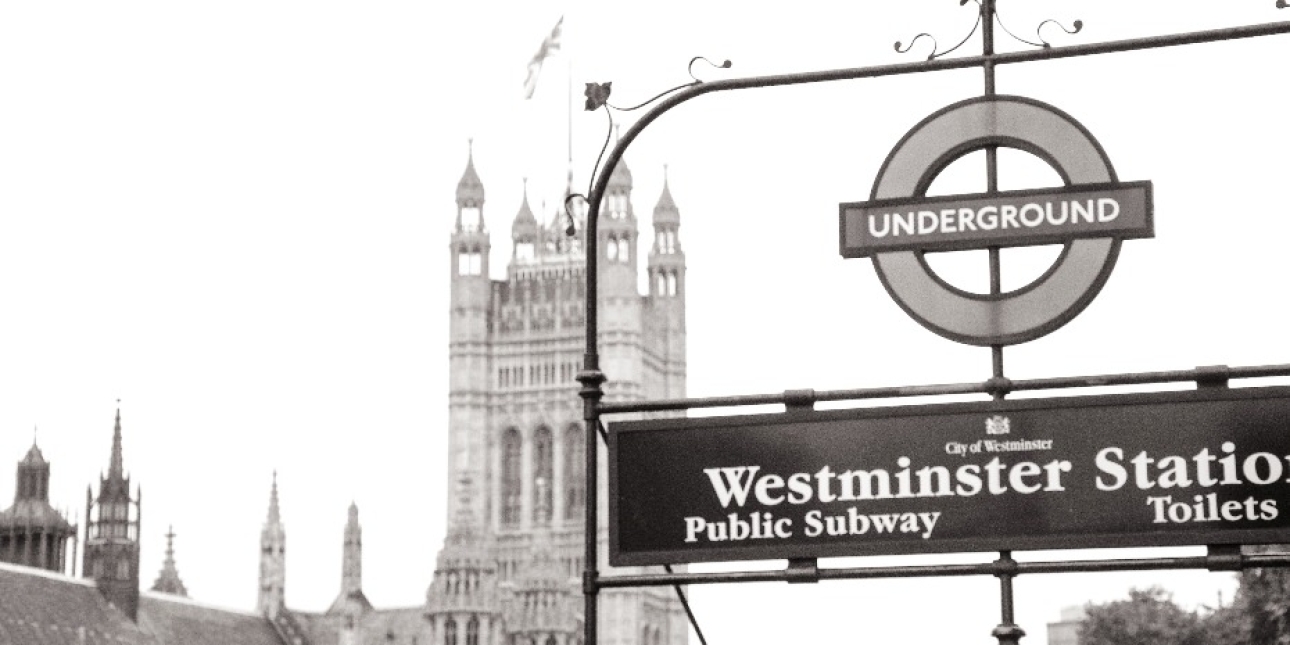PUBLIC RELATIONS
Thursday 12th September 2019
MPs believe social media has a negative impact on politics
By Sam Webber, external relations manager, Vuelio.
Research commissioned by Vuelio has found that MPs believe social media has a negative impact on politics, with four in five (81%) of the 137 MPs surveyed believing public attitudes towards politicians have been changed for the worse as a result of social media.
The research is released at a time of heightened speculation regarding an early general election. It is important to recognise the central role that social media is likely to play in any subsequent campaign, as a crucial communication tool for all of the main parties.
According to MPs, there are specific ways in which social media has damaged public engagement. Over three quarters (79%) believe social media has made it difficult for the public to source information from trustworthy sources and 78% believe it leads to people being overloaded with information.
This impacts policy making, with two in five (42%) MPs believing social media has changed the policy making process for the worse, and a third (36%) believe it has changed public understanding of policy for the worse.
While MPs believe, on balance, that social media has had negative impact on politics, they do recognise some positives. Almost half (47%) of MPs say it has improved the transparency of politics and around two in five (44%) say it has improved engagement between politicians and the public.
This is reflected in a changing attitude to traditional media, with a majority of MPs believing that social media is around twice as important as securing editorial coverage in communicating with constituents (64% vs. 35%). Social media is considered only marginally less important as having face to face meetings with constituents (64% vs 70%).
Commenting on the research, Joanna Arnold, CEO of Vuelio said: “Social media has ushered in a new era of political immediacy that is reshaping how politicians engage with the public. The depth of concern that MPs have is a timely reminder of the risks of social media as well as the potential it has to transform political engagement.”
Rachael Clamp, chair of the CIPR's Public Affairs group commented: “Social media has broken down barriers and removed some of the mystery surrounding the nature of our ‘them’ and ‘us’ politics. But the role of an MP has also become ambiguous. What some MPs say has driven engagement with constituents hasn’t resulted in better debate and is eroding traditional media channels. MPs are also making a distinction between how they engage with the public and how they engage with lobbyists, which is part of ethical lobbying practice.”
* This research was commissioned by Vuelio to understand the changing relationship between MPs, the press, editorial and social media. ComRes surveyed 137 MPs (51 Conservative, 67 Labour, nine SNP and 10 others) using a combination of paper and online surveys. The survey was conducted between 11 June and 12 August 2019. Data have been weighted by party and region to be representative of the House of Commons.
Photo by Cyrus Crossan on Unsplash

